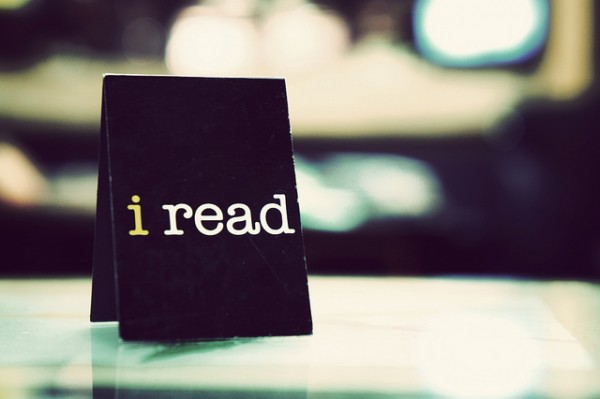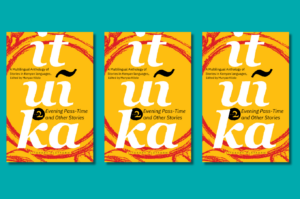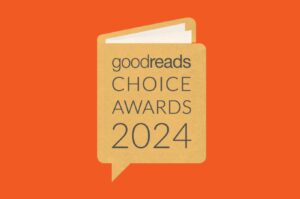Worldreader is a not-for-profit organization that provides “mobile platform for books.”
According to The Mail and Guardian, after four years of making digital versions of books accessible to Africans in financially distressed countries and amassing 1.2 million users, Worldreader has learned a whole lot about the reading habits and trends among the African users on their mobile platform. Their findings?
Africans read!
Yes, libraries are not plentiful in certain parts of Africa. A recent UNESCO-led study reports that in Nigeria there is one library for every 1 million readers.
Book shops are out of the question. In a Youtube interview posted last month, the Kenyan writer, Wainaina Binyavanga points out that in some African communities, a Penguin classic retailing at 14 dollars amounts to a person’s monthly salary.
This has led many to the erroneous conclusion that Africans don’t read.
But the reality is that Africans are bypassing these traditional channels for accessing books and are relying on reading platforms on mobile devices.
In the last four years, Africa’s mobile phone coverage has gone from 2 percent to 20 percent. More and more Africans, under the age of 35, are relying on their mobile phones to consume all forms of media, including print media.
Another curious trend in the data provided by Worldreader is the fact that their African users love reading romance novels, in addition to inspirational and educational books.
Judging by keyword search and books downloaded, their African users read a lot of romance fiction, searching with keywords like “sex, love, Romeo and Juliet.”
So Africans like romance. What good does this kind of information do us? As publishers, perhaps, it should give us a sense of what the trends in tastes and interests are. As writers, it should tell us what African’s want to read.
I guess my question is, if this data is anything to go by, why aren’t African writers and publishers flooding the market with romance and other kinds of pulp-fiction? How can they build a viable publishing industry on the continent if stake holders aren’t taking the tastes and interests of the average African reader seriously?
***************
Post image by Daniel Go via Flicr.










Angela April 07, 2015 01:29
This is a great article, however the problem is that again it looks at Africa as one large country with emphasis on East Africa. As a small academic resource center in Dakar, Senegal with a bookstore onsite, I can say there is a strong and active reading community here both digital and paper. As Senegal was a former French speaking colony the bookstores selling French literature are active and in various markets you have access to quality used books. We addressed the cost issue many years ago by offering new multicultural fiction books along with a lending library. Student and families register with our library program and can have access to books for readers of all ages. When possible, we try to order books according to the university curriculum. In addition, new bookstores continue to open in Dakar. There are active FB groups solely devoted to reading such as Nous Aimons Lire. While we are moving to provide more e-reading options, the reality is that in Senegal there is still a culture of reading a paper book. In conclusion, we do notice that when readers are seeking romance it is often our East African community so it is important to know what your audience is seeking. The Senegalse readers lean towards non fiction with emphasis on social sciences or works by African writers or writers from The Diaspora. For more info please visit www.chezalphabks.com